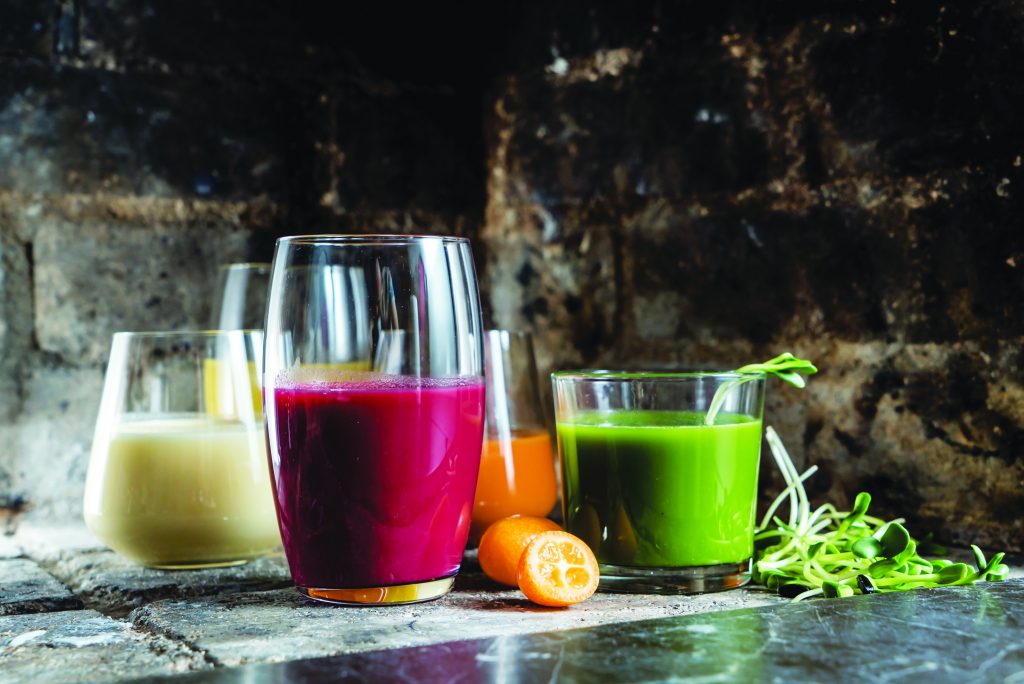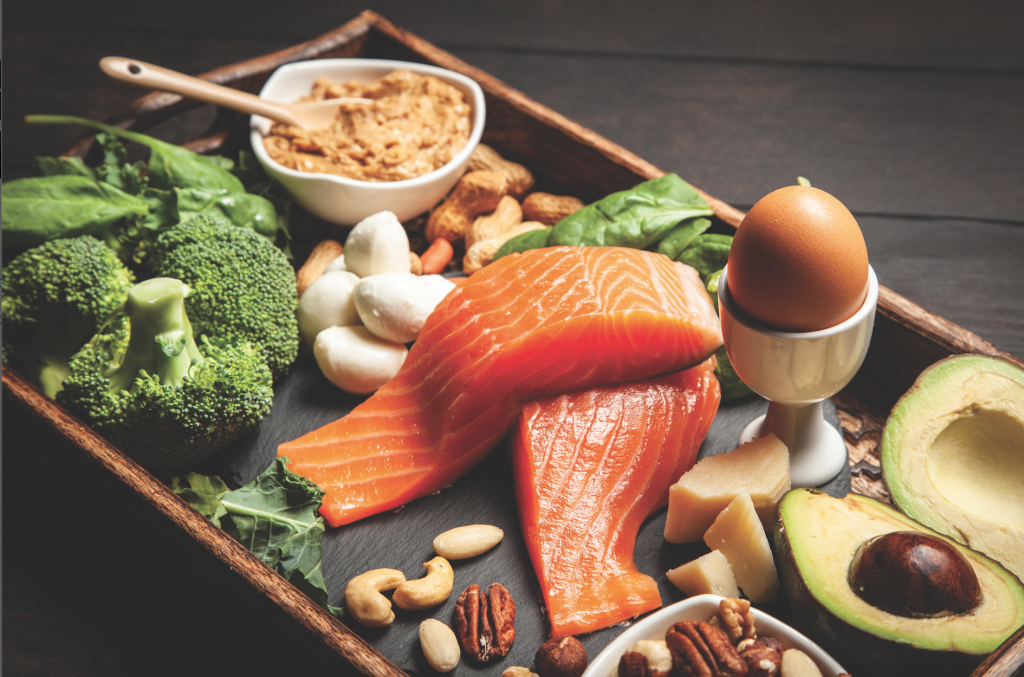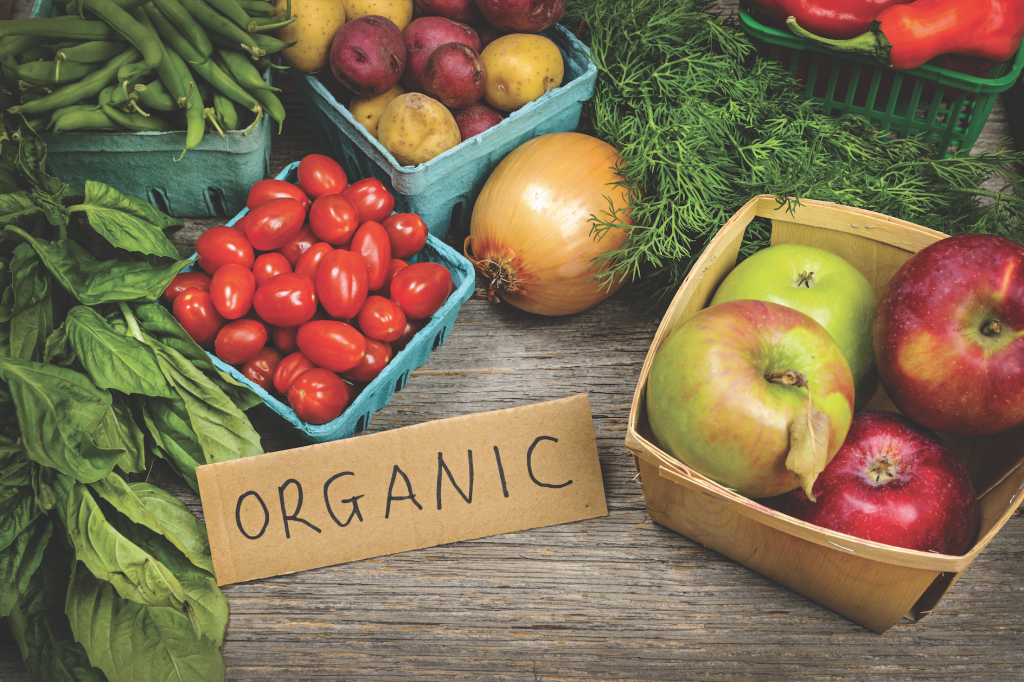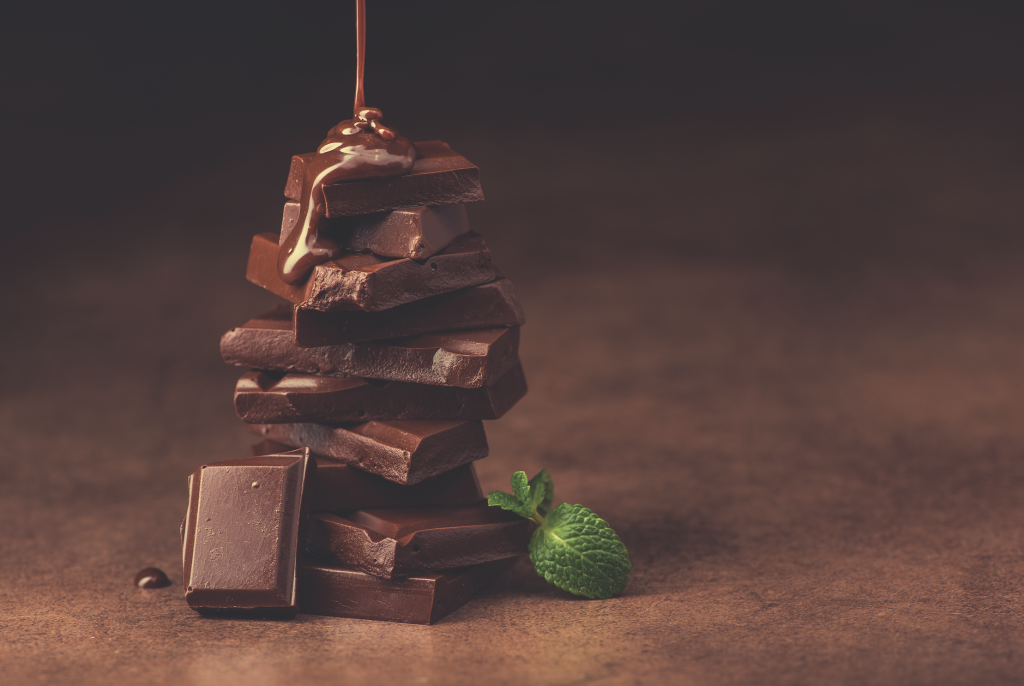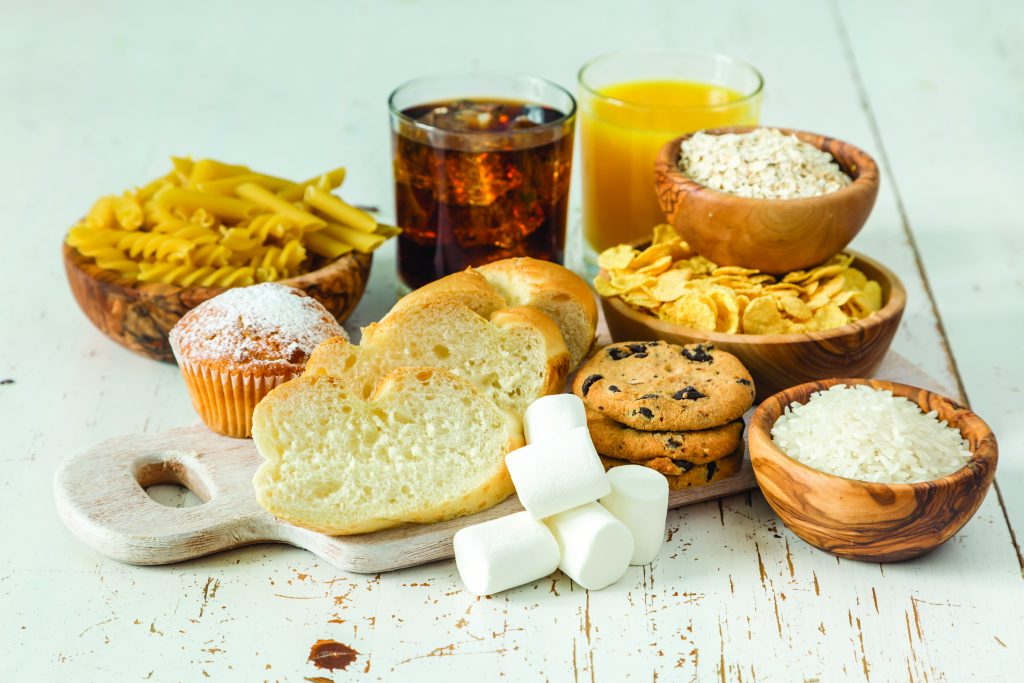We break down the most prevalent health trends to discover just how much more is fiction than fact.
By Christy Lau
With health and fitness fads at an all-time high, we are constantly inundated with tips and tricks to look and live better, all of which we tend to accept at face value. But how do we know which facts are true, and which are nothing more than elaborate marketing schemes? To help sort the wheat from the chaff, Masala teamed up with nutritionist Dr. Priya Khorana to debunk nine of the most commonly perpetuated myths out there.
-
Juice cleanses help detoxify the body
This myth is based on the misplaced notion that your body needs help getting rid of unwanted toxins, when in reality, our bodies are designed in such a way that we naturally release toxins through our livers, digestive tracts and kidneys. The truth is that juicing removes the nutrient-rich fibres from fruits, leaving only high levels of fructose sugar, which could actually lead to weight gain.
Additionally, what people don’t realise is because your body is missing out on the carbs, protein and fats which make up a well-balanced diet, you will experience unpleasant side effects which include fatigue and light-headedness.
Dr. Priya’s Thoughts: “I do not advise any juice cleanses that last more than one day. Not only do juice ‘cleanses’ deprive folks of essential calories, they also provide an unsafe, unrealistic way of losing weight. You are not losing any real weight, and in turn are potentially doing more harm than good.”
-
Keto diets are great for your health
Definitely one of the biggest health trends of the moment, keto diets have been lauded as a speedy weight loss solution with a simple concept: replace almost all carbs in your diet with protein and fat. This sends your body into ketosis, where the main source of energy switches from glucose to ketones – which are made from breaking down fat – leading to accelerated weight reduction. Unfortunately, this comes with its own spectrum of health risks, which includes increased danger of heart disease due to the high levels of saturated fat, along with bowel changes and kidney damage that come from depriving your body of essential nutrients found in fibrous foods, like whole grains, fruits and vegetables.
Dr. Priya’s Thoughts: “I do not recommend this diet at all. The keto diet has gained immense popularity of late. However, at best it is only a short-term solution, which should be exercised with caution, and comes with some serious risks.”
-
Açaí bowls make the healthiest breakfast
You’d have to be living under a rock if you haven’t heard of this Instagrammable food trend, which features the Brazilian açaí berry, mashed into a paste and topped with fruits and nuts to create colourful bowls that are allegedly just as nutritious as they are delicious. But not all that glitters is gold, and açaí bowls have been recently raising concerns about their actual health benefits. Although it is true the berry itself does provide nutritional value, a lot of the time commercial cafés scrimp on using whole berries, opting instead for açaí powder, which removes the majority of the health benefits. Furthermore, to add flavour, a lot of these bowls are made with high-sugar ingredients such as nut butters, coconut, chocolate and even granola, which can actually lead to weight gain and increased risk of diabetes, obesity and heart disease.
Dr. Priya’s Thoughts: “Açaí bowls sure are a treat for our eyes, but they are often made with whole fruits that are artificially sweetened. I would suggest always opting for bowls that contain some fibre and less than 10g of sugar per serving as a rule of thumb.”
-
Organic food is ‘healthier’ than conventionally grown food
Thanks to the internet, we are well aware of the alleged dangers of genetically modified fruits and vegetables, and as a result, organic produce has seen a surge in popularity. However, there is barely any research to support organic foods being more nutritious than others, not to mention that recent studies on the dangers of GMOs have proven inconclusive. To address another common misconception, just because produce is labelled ‘organic’ does not mean it was grown without pesticides, making the only real difference between organic and non-organic produce, the higher price tag.
Dr. Priya’s Thoughts: “It is vital to make your decision to purchase organic produce based on your budget and level of concern about pesticides. However, no matter what type of produce you opt for in the end, my best advice is to include more fruits and vegetables in your daily diet, because in today’s society we are falling short.”
-
Vitamin pills are required to supplement everyone’s diet routine
This is a myth that has been perpetuated for decades and is more down to convenience than anything else. Sometimes our busy schedules don’t allow us the time to get the recommended amount of vitamins, so popping a pill is an easy way to give your body the nutrients it requires to function at maximum capacity. In spite of this, there is no concrete evidence that supplementing your diet with vitamin tablets can protect you from cancer, heart disease or cognitive decline, and in fact, consuming large amounts of vitamins can lead to a rise in the risk of kidney disease and certain types of cancer.
Dr. Priya’s Thoughts: “My recommendation is to meet all your vitamin requirements through your dietary intake, by eating a variety of minimally processed foods, fruits and vegetables of all colours, and foods that come from each food group. A deficiency does not occur until your body has depleted all its reserves, and unless you have a blood test that shows are deficient in any vitamin or mineral, supplements are not necessarily required.”
-
Eating before bed can make you overweight
This myth stems from the misbelief that your metabolism slows down while you sleep, so eating right before bed without giving digestion a chance to occur means all those calories will be turned into fat overnight. Yet several reports have shown that your basal metabolic rate at night averages the same as during the day. Any extra weight acquired then is more to do with the amount of calories consumed throughout the full day, rather than just the ones you ingest before bed.
Dr. Priya’s Thoughts: “Simply put, the time of day doesn’t matter. If you are consuming an excess amount of calories, you will rapidly gain weight. To combat this, I would recommend sticking to a well- balanced diet throughout the day, and treating yourself to a healthy snack before bed if you feel hungry then.”
-
Chocolate causes acne
I’m sure many of us remember being told when we were acne-riddled teenagers that sweets and excess chocolate snacking were the cause of all our misery. This myth has persisted with today’s generation as well, and once again, there is little to no evidence to support the claim that fatty foods directly cause acne, although it has been documented that a diet high in sugar and fat can lead to excess sebum production, which is one of the main factors in persistent acne.
Dr. Priya’s Thoughts: “Although there is some research to suggest sugar, dairy and perhaps some carbohydrates may lead to acne, even that evidence is weak. So rather than just blaming chocolate, you should take care to watch your overall diet and make sure you don’t go over the recommended daily sugar intake.”
-
Carbohydrates make you fat
Carbs are complex biomolecules that are broken down into glucose, which your body uses as its main source of energy, so it’s easy to assume eating too much of them will make you fat. The thing is, not all carbs are built the same. There are three types of carbs: sugars, starches and fibres. While sugars are the simplest carbs that are quickly turned into glucose and can lead to weight gain if excessively consumed, starches and fibres take longer to break down, and can actually help you lose weight overall by keeping you full for longer.
Dr. Priya’s Thoughts: “As a Doctor of Nutrition Education, I always encourage reducing sugar in our diet and including more whole-grain varieties of carbohydrates that contain plenty of fibre. When buying bread, choose whole-grain options that are minimally processed and filled with fibre, instead of white bread, which is highly processed and filled with sugar and almost no fibre.”
-
All nutrition bars are nutritious
Much like vitamin pills, nutrition bars arose from a need for a quick and convenient way to absorb essential nutrients on the go. But, while many claim to contain a dizzying array of essential vitamins and minerals, there is no mention made of the amount of sugar used to make these bars palatable. That means that most bars are as ‘healthy’ as your average candy bar.
Dr. Priya’s Thoughts: “A rule of thumb for choosing more ‘nutritious’ bars is to look for those with around 150 calories, with at least five grams of fibre, and less than five to seven grams of sugar.”
About Dr. Priya Khorana
Dr. Priya Khorana holds a PhD from Columbia University in New York City. She specializes in Fitness Nutrition Education and has expertise dealing with weight loss, chronic disease management (diabetes, heart disease, cholesterol, triglycerides), digestive issues (gut health) and sport/exercise-specific nutrition education. She is also the founder and CEO of Lifestyle Nutrition Consulting Co., Ltd, which offers nutrition consultations and meal plans, as well as combined exercise and meal plan packages.
Call her at 082 932 9330 or
Email her at pk2443@tc.columbia.edu
Instagram: @nutritionandwellnessbkk



